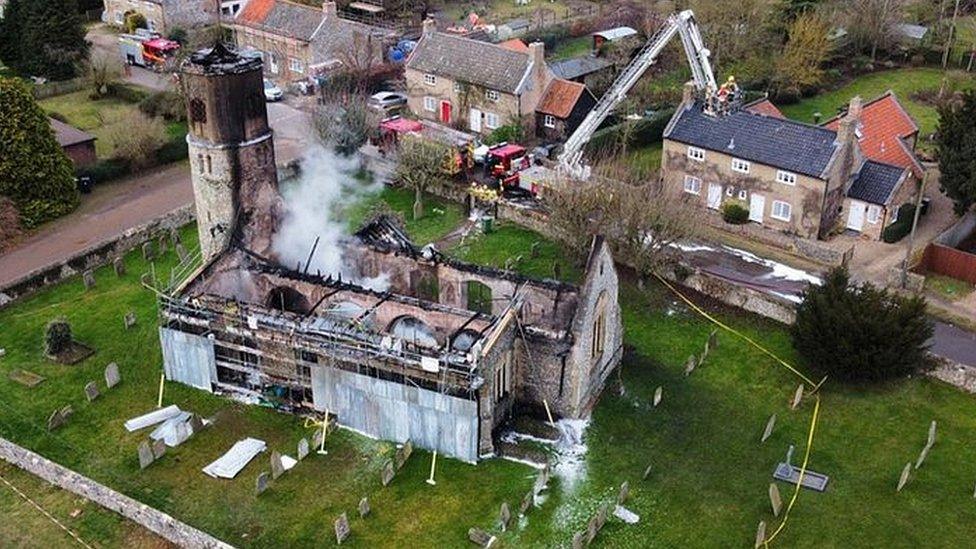Historic library in Maldon among at-risk buildings saved
- Published
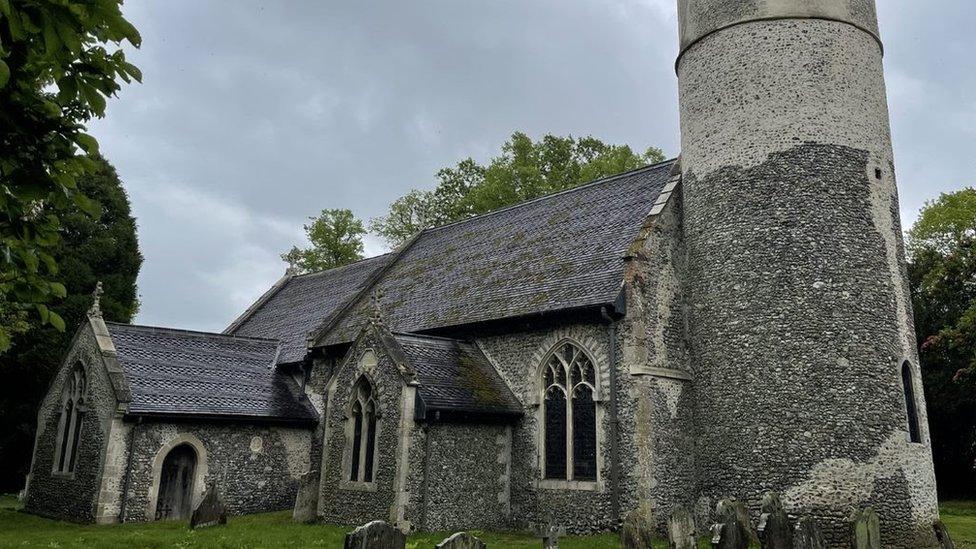
A 12-year fundraising campaign in Stuston, Suffolk, has helped save the 12th Century All Saints Church from collapsing
Dozens of endangered buildings in the East of England have been saved from ruin, Historic England said.
One of England's oldest libraries, in Maldon, Essex, and a Tudor palace in Cambridgeshire, were listed among 39 properties rescued.
The conservation body published its Heritage At Risk Register, external, with 21 sites in the East added this year.
Director Tony Calladine said the "rich legacy of historic buildings and places" must be preserved.
"With the help of local communities and partners, imaginative thinking and business planning, we can bring historic places back to life in the East," he added.
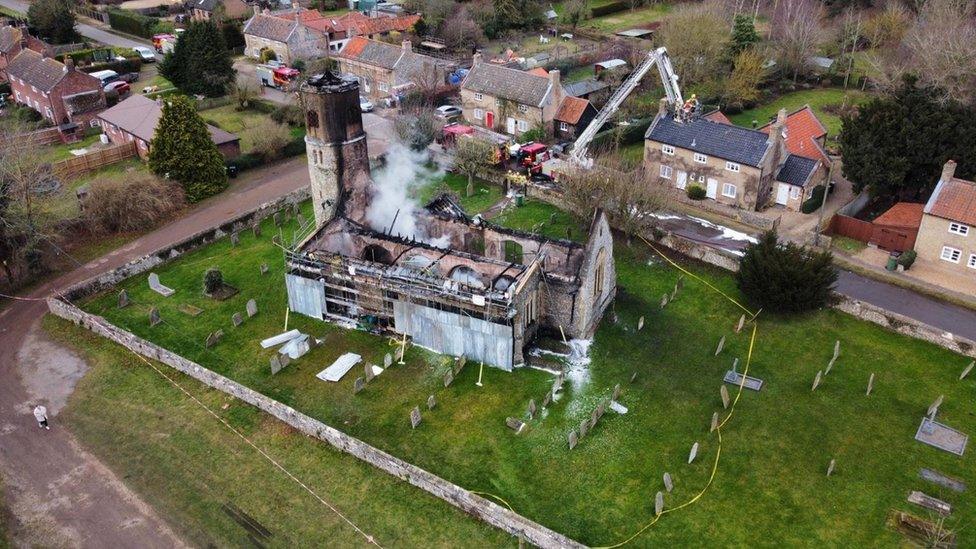
St Mary's Church in Beachamwell, Norfolk, has been added to Historic England's at risk register following a fire in February
The organisation said while it was "heartening" to see many sites removed from the register, new additions to the list were "at risk of being lost forever as a result of neglect, decay or inappropriate development".
They included a World War Two military site that helped protect Great Yarmouth, concrete homes created by an 19th Century Essex industrialist and a thatched church in Kessingland, Suffolk, which was a beacon for seafarers.
An 11th Century church in Beachamwell, Norfolk, gutted by fire in February, was also deemed under threat - although the community has been rallying to carry out restoration.
There were now a total of 390 sites across the East of England on the register, while Historic England said it had handed more than £1m in repair grants to 28 local buildings and places over the last year. Among those saved are:

St Leonard's Church, Flamstead, Hertfordshire
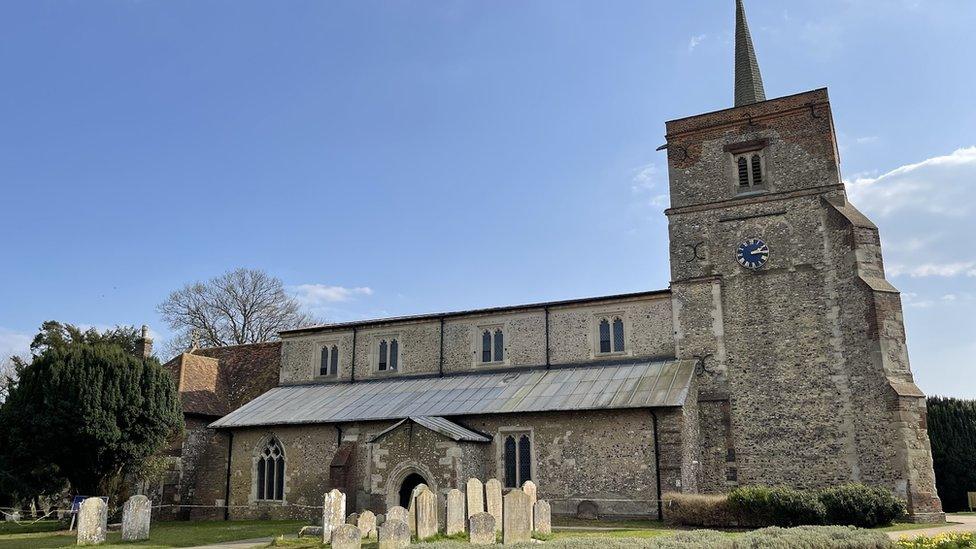
Rare medieval wall murals were being put at risk of being lost forever by a leaking and ancient roof
Rare medieval wall paintings discovered in St Leonard's Church, Flamstead, were preserved after a leaking roof was repaired.
The building has stood in the Hertfordshire village for 900 years and its community started a fundraising campaign to restore it. The National Lottery Heritage Fund gave £642,500 towards the £1.13m project to create a community hub.
The paintings, discovered in the 1930s, were now drying out and more finer details were being exposed.
Rev Jo Burke, Vicar of Flamstead, said it had been given a "fresh start… we have been steadily building on this to share our church as a building for everyone".

Buckden Towers, Buckden, Cambridgeshire
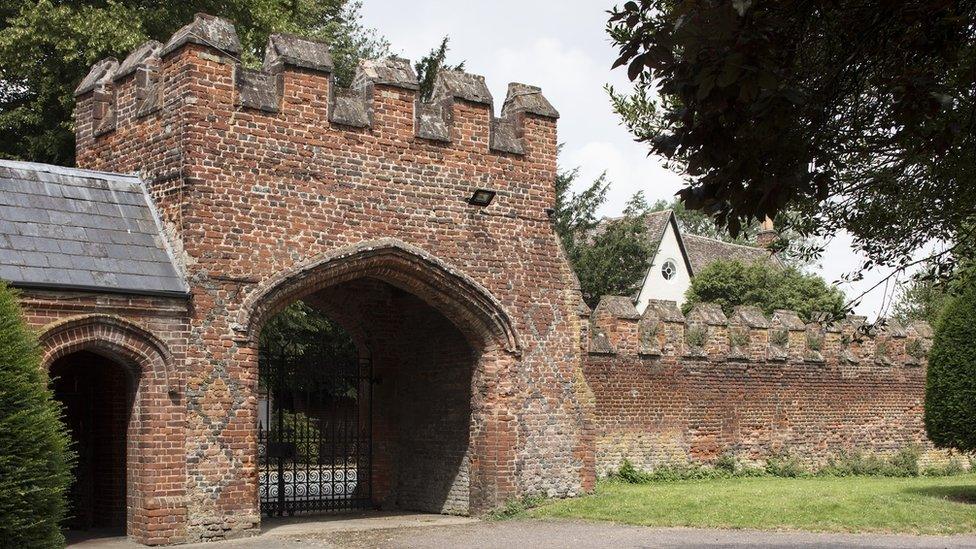
Two of Henry VIII's wives stayed at the 15th Century palace, Buckden Towers, near St Neots
The gatehouse of this Cambridgeshire 15th Century palace - once lived in and visited by a host of famous Tudor figures - has been saved from collapse and taken off the register.
Henry VIII stayed there as part of a summer tour in 1541 with Catherine Howard, during which her adultery was discovered and for which she was later beheaded.
Catherine of Aragon, Henry VIII's first queen, also lived at Buckden Palace between 1533 and 1534.
The Claretian Order of Missionaries has owned the site since 1956 and now runs the site as a Christian retreat and conference centre.

Thomas Plume's Library, Maldon, Essex
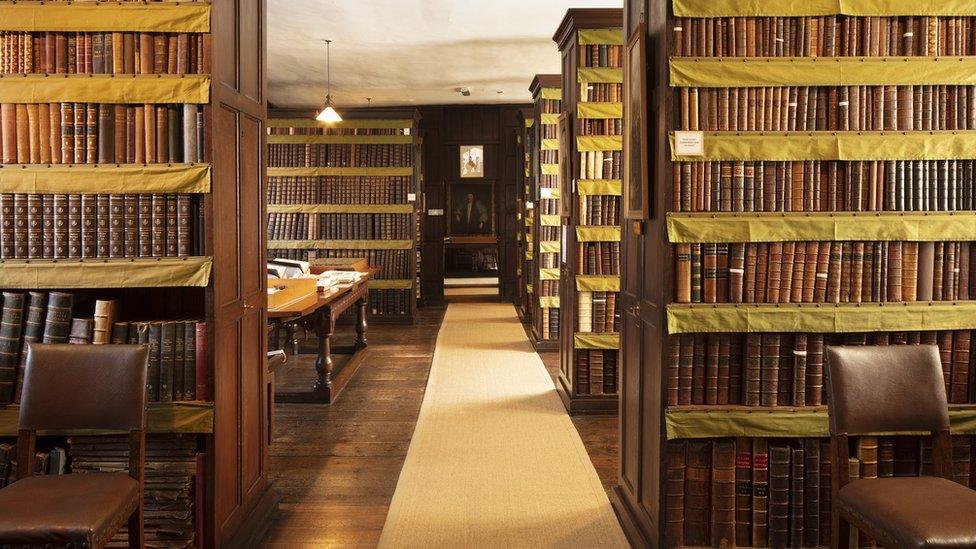
The library, created by a 17th Century philanthropist, was built on the site of an old church
The Grade I listed site, built in the 1690s, is one of the country's oldest and rarest libraries, according to Historic England.
Dr Thomas Plume built the two-storey facility on the site of an old church, where a tower still stands, to house his 8,000-strong collection of 16th and 17th Century books and pamphlets.
However, the library needed urgent repairs. It means the philanthropist's ancient books, manuscripts and paintings will be seen by the public in their original setting.

Church of St Michael Coslany, Norwich, Norfolk
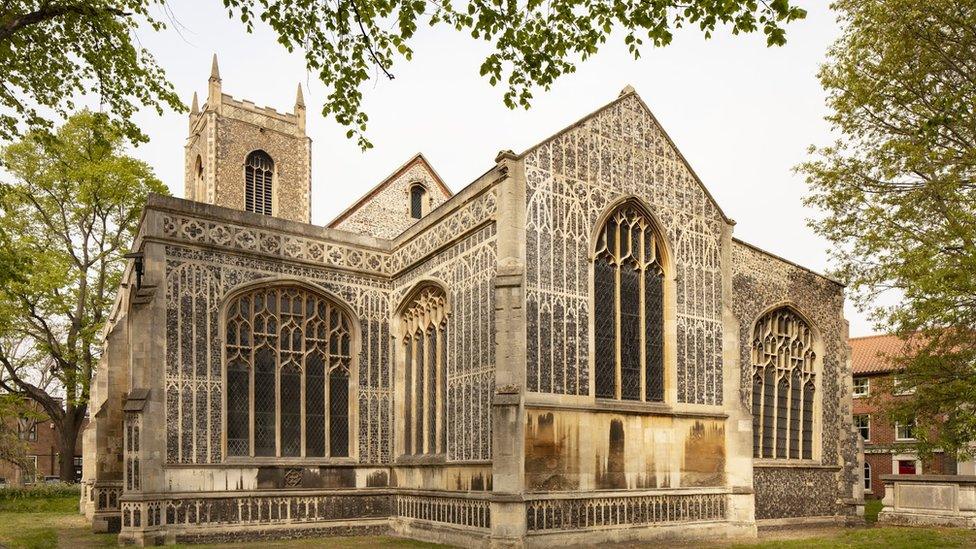
The future of the Church of St Michael Coslany looked in doubt when part of its ceiling collapsed
The medieval Grade I listed church in central Norwich can now remain open after part of its ceiling collapsed last year, threatening its future.
Although the building closed to worshippers in 1971, it now houses a circus skills school and company.
A £172,500 Historic England grant though paid for major roof and stonework structural repairs and the refurbishment of a main window.

Chester House, Irchester, Northamptonshire
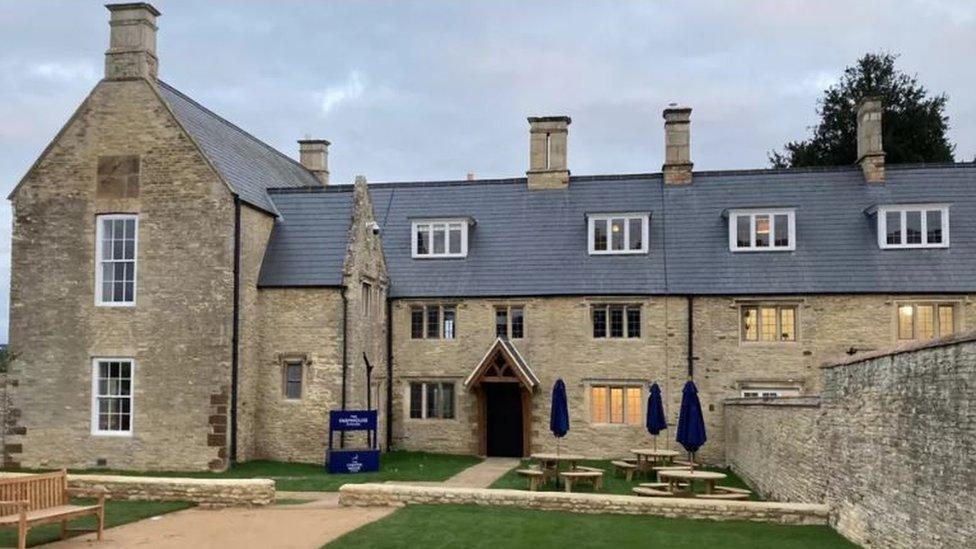
Chester House Estate opened in October 2021 after it was on the Heritage At Risk register for 10 years
Grade II* listed Chester House has risen from the ashes after it was nearly destroyed by fire.
It now forms the heart of the Chester House Estate, a heritage attraction boasting a café, shops, history centre, archaeological archives and holiday accommodation, and opened late last year.
Historic England described the estate as "nationally important" as humans have used the site for more than 10,000 years. It includes a buried Roman town.

Find BBC News: East of England on Facebook, external, Instagram, external and Twitter, external. If you have a story suggestion email eastofenglandnews@bbc.co.uk, external
- Published4 August 2022
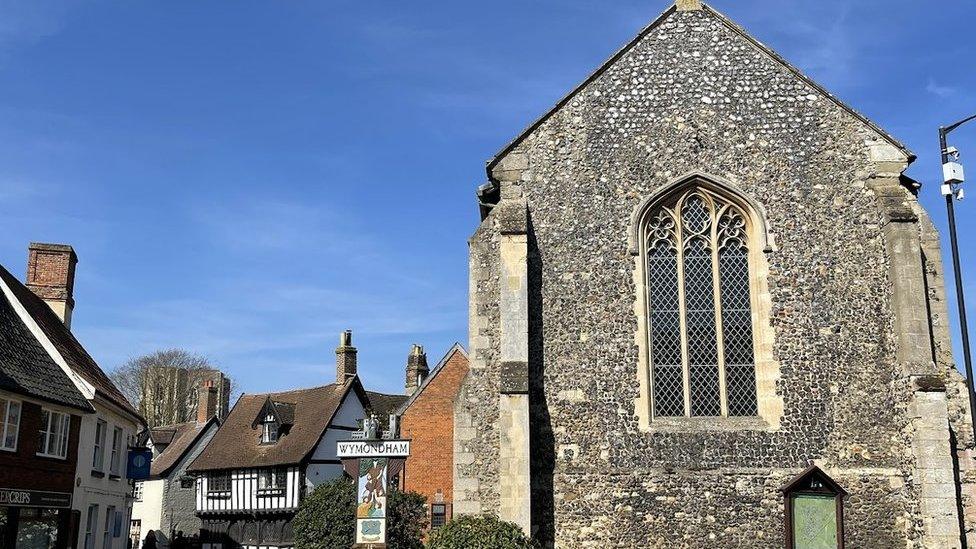
- Published27 July 2022
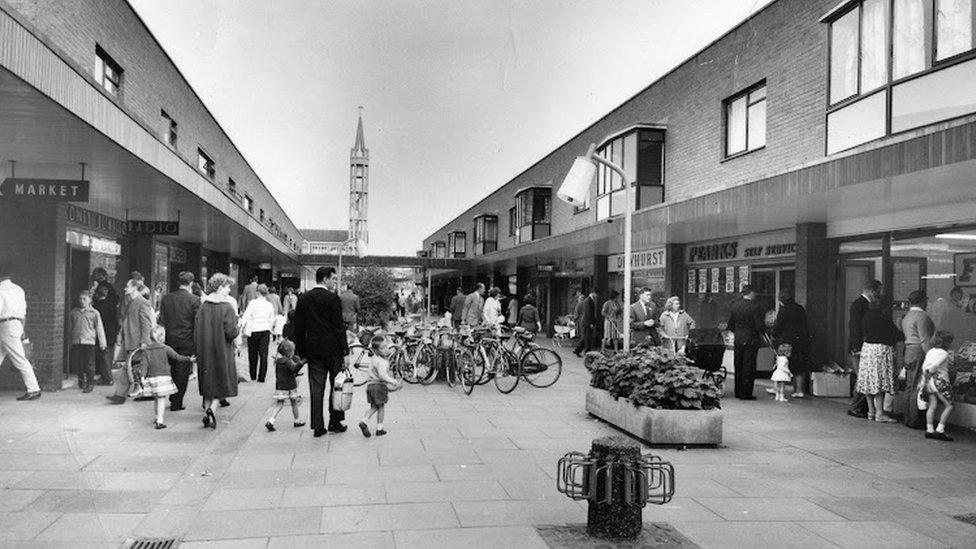
- Published14 July 2022
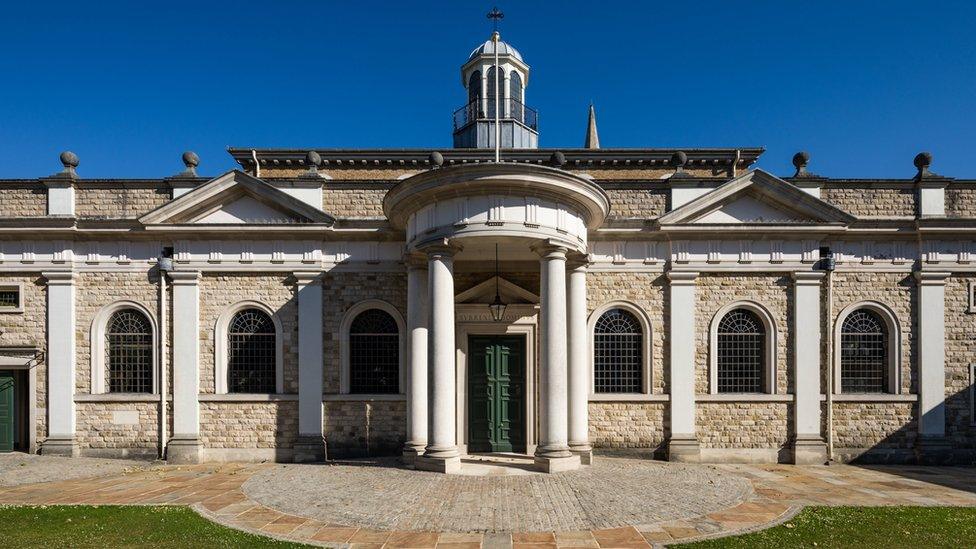
- Published23 June 2022

- Published1 June 2022
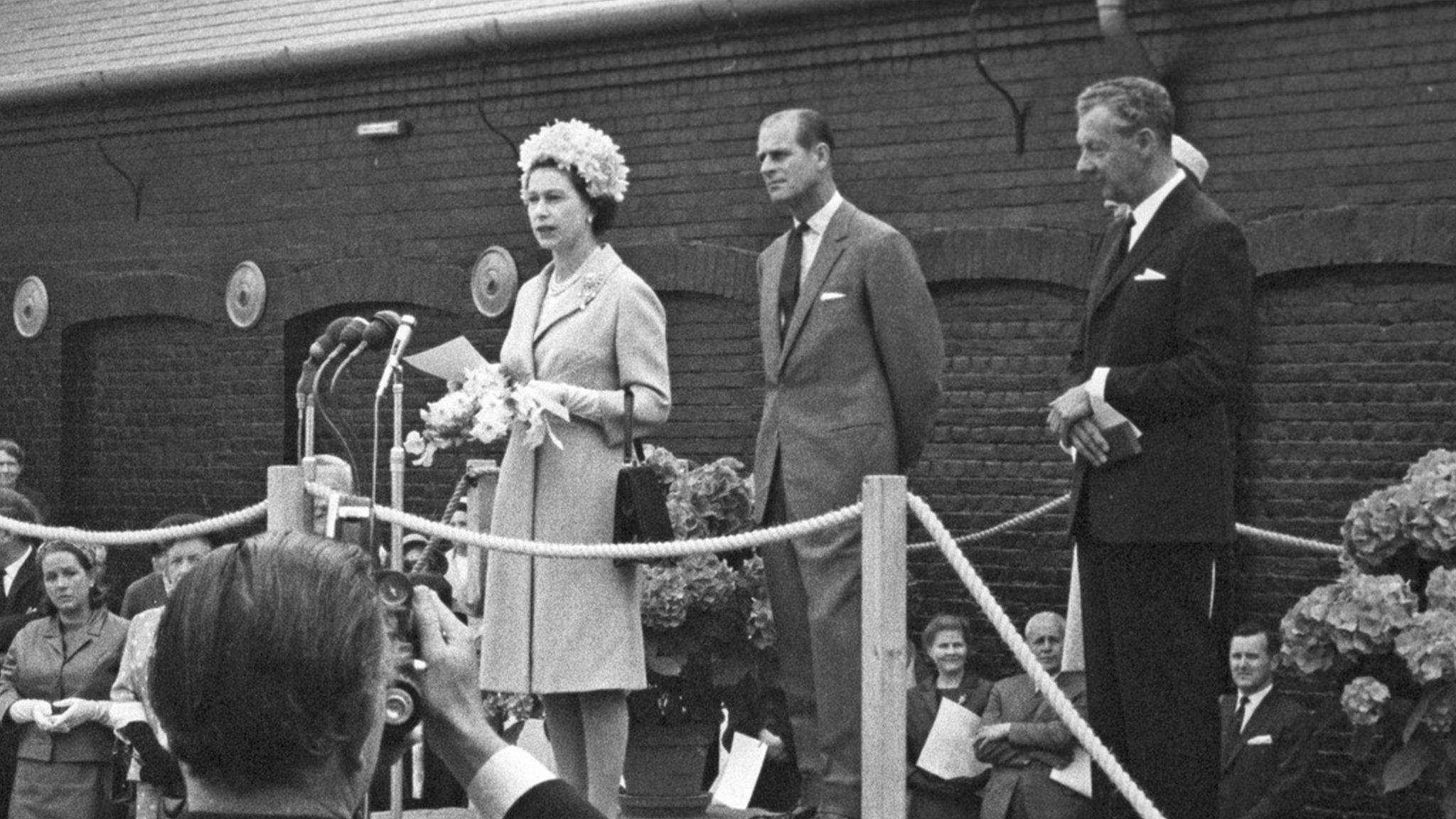
- Published2 February 2022
